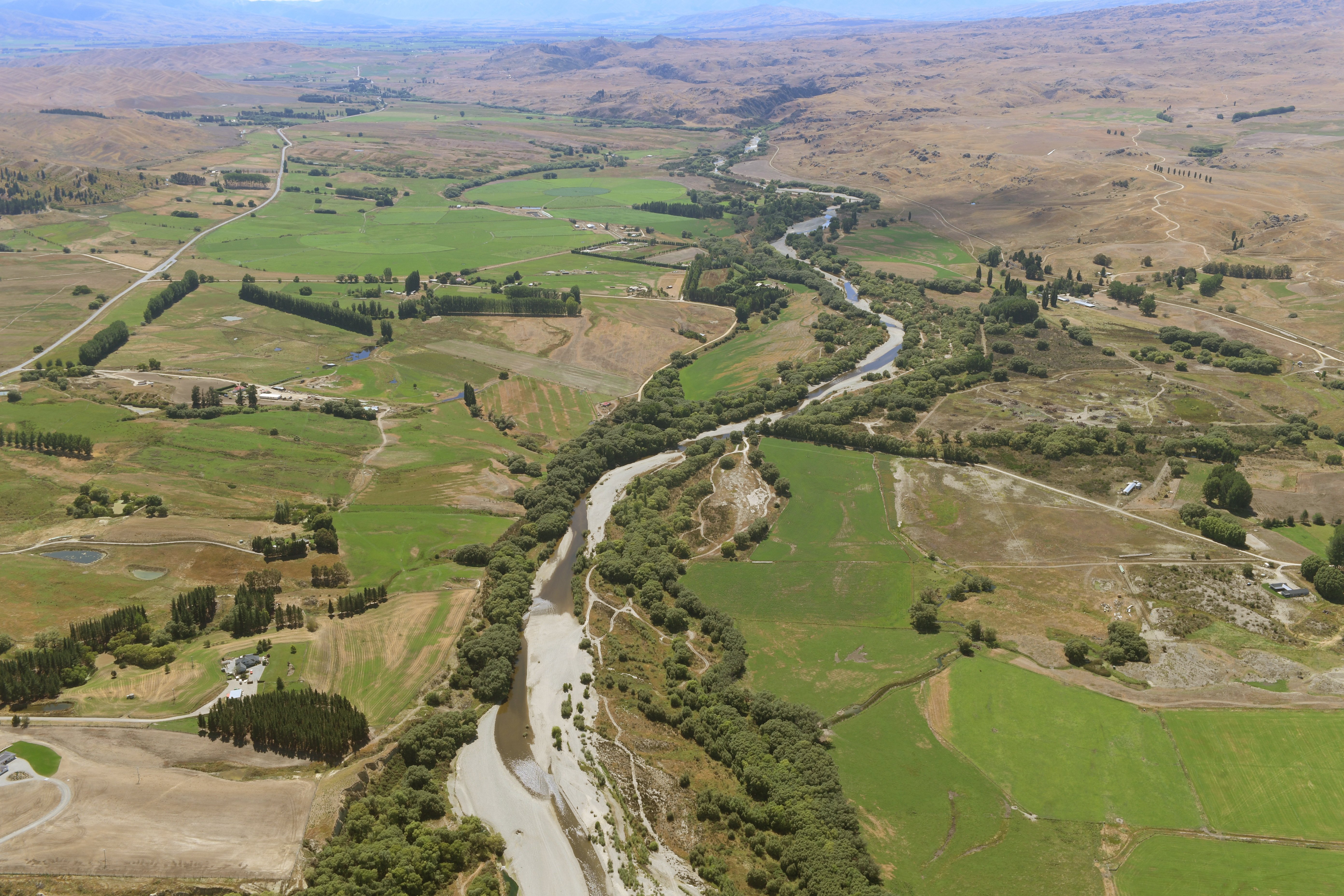
Councillors accused of dragging their feet instead of noting increasing summer flows in the river could be vindicated.
Staff recommendations for contentious flow settings for the river, proposed two years ago, could be validated.
An environmental science and policy briefing in Dunedin this morning is expected to include a report on long-awaited hydrology and ecology studies and feedback on that work from the Manuherikia’s Technical Advisory Group (Tag) and council staff.
The public briefing comes nearly two years to the day after councillors asked staff to ‘‘finalise the required science’’ to back up a minimum flow regime for the river.
Council chief executive Richard Saunders said last month that today’s briefing would likely include a range of flow levels that staff deemed appropriate to support a healthy river ecosystem.
The information from the briefing would be passed on to the policy team writing the council’s forthcoming land and water plan, Mr Saunders said.
The policy team would soon present councillors with a suite of recommendations for the Manuherikia area for the plan, including the recommended minimum flow — the point at which river levels dropped so low people were required to stop taking water from it, he said.
Today’s briefing is a consequence of an August 25, 2021, meeting when councillors decided (in a 6-4 vote) they did not have all the scientific evidence required to make an informed decision.
Cr Kevin Malcolm, who was the council’s representative in the Manuherikia reference group, said at 10pm on the eve of that meeting he received an email from the council’s head of science at the time that confirmed the Tag report had not been completed.
‘‘We did not ask for more science, we asked for what was critical to make a good decision, simply the science that we were told was complete,’’ Cr Malcolm wrote in an opinion piece in the Otago Daily Times early this year.
In the lead-up to the 2021 meeting Cr Michael Laws called the staff report on consultation on minimum flows ‘‘bogus’’ and ‘‘crap’’, which in part led to a code of conduct complaint against him by then-chief executive Sarah Gardner.
Following the meeting then-Cr Marian Hobbs signed a petition calling on Environment Minister David Parker to disband the council and install commissioners.
The petition failed and she resigned.
She and the present chairwoman Cr Gretchen Robertson were also among a group of four councillors who appealed directly to Mr Parker in response to the meeting — writing to the minister to say they were concerned about dysfunctional behaviour at the council, conflicts of interest and predetermination.
During an investigation of the council last year, Prof Peter Skelton said he found it hard to accept the councillors’ decision not to note minimum flows at the time was solely because of concerns around the science.
Both the chief executive and head of science at the time have since departed the council and the makeup of councillors changed markedly at the last election.
Without the minimum flow settings in the forthcoming land and water plan, irrigators and race scheme operators voluntarily manage the flow to a minimum of 900 litres per second at the campground site in the lower Manuherikia.
The staff recommendation in 2021 for the campground was 1200 litres per second by this year, 1500 litres per second by 2030 and 2000 litres per second by 2037.
Staff also said at the time if the minimum flow was increased to 2000 litres per second, it would likely require significant infrastructure changes and large-scale change in farming or land use in the area, including changing to dry farming systems or changing stock types.












